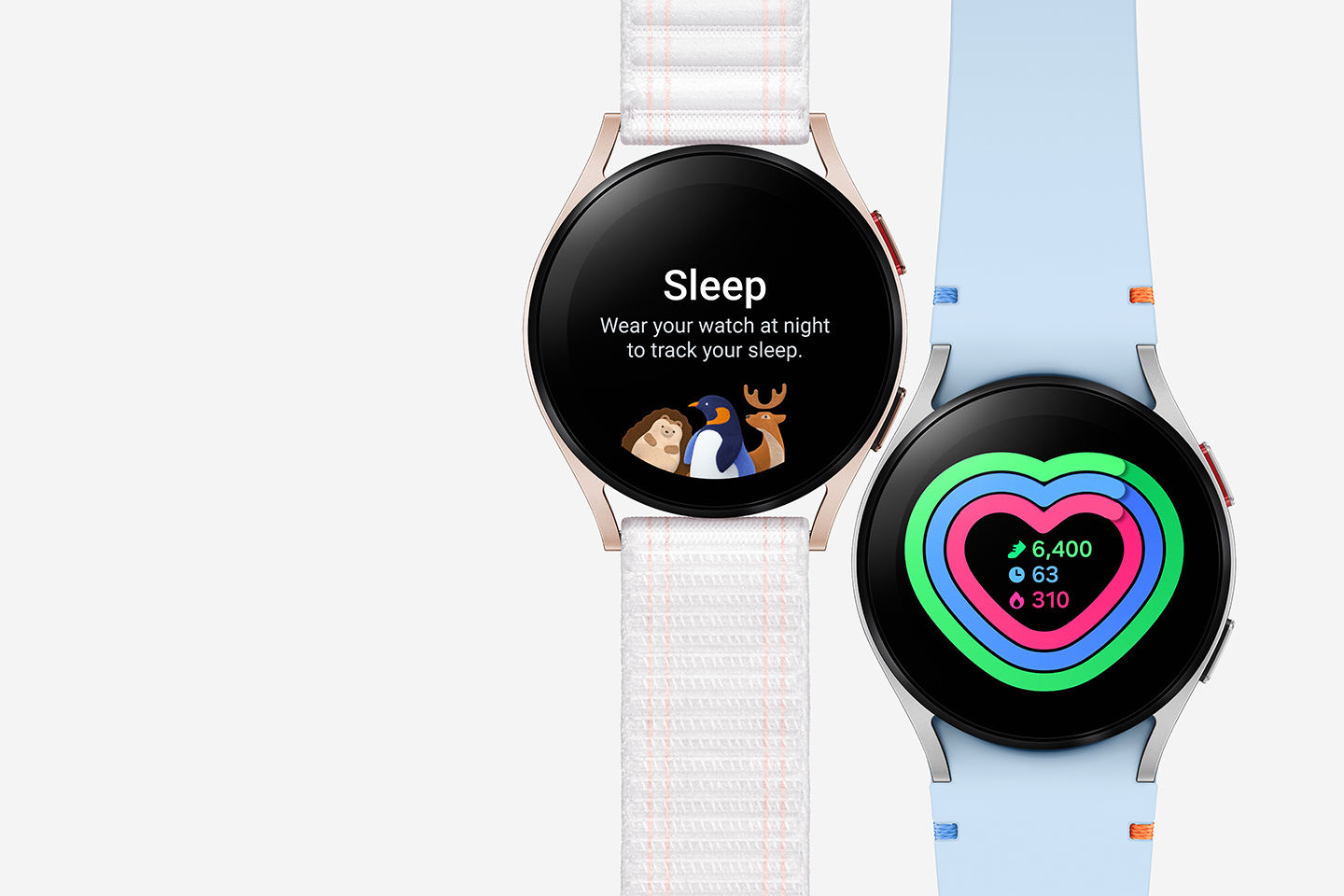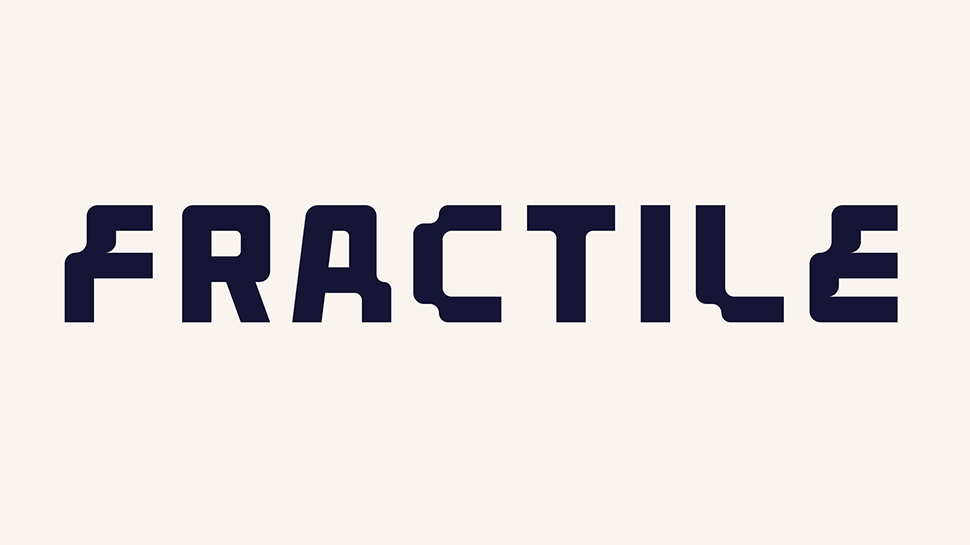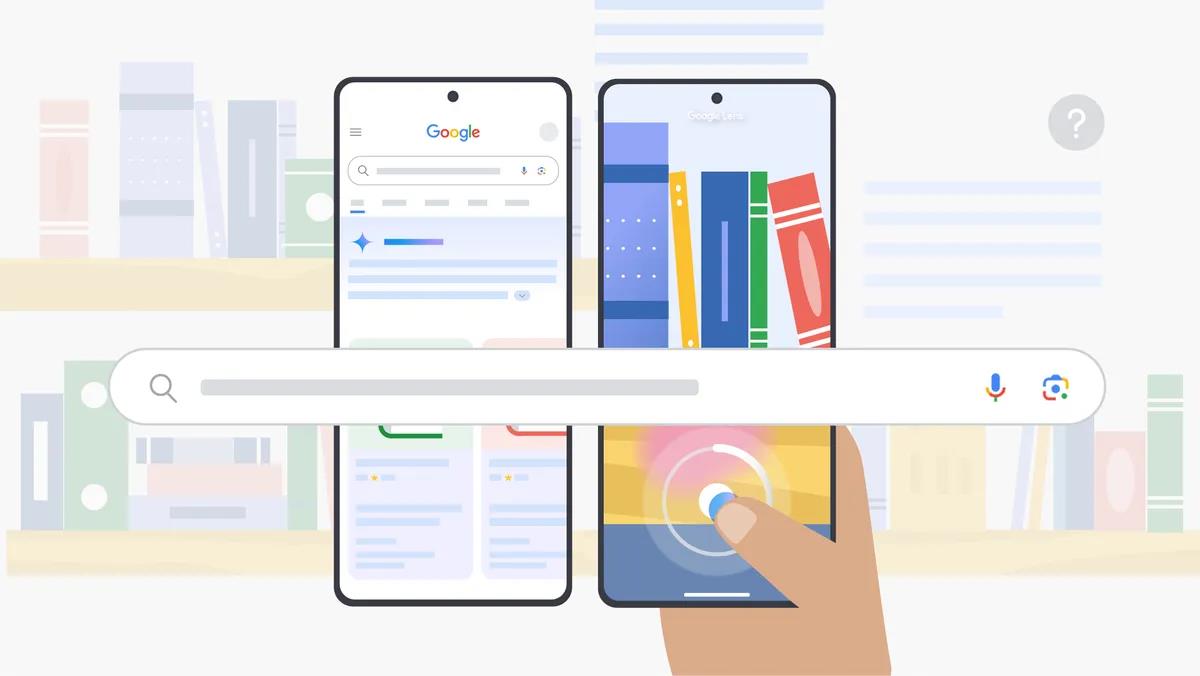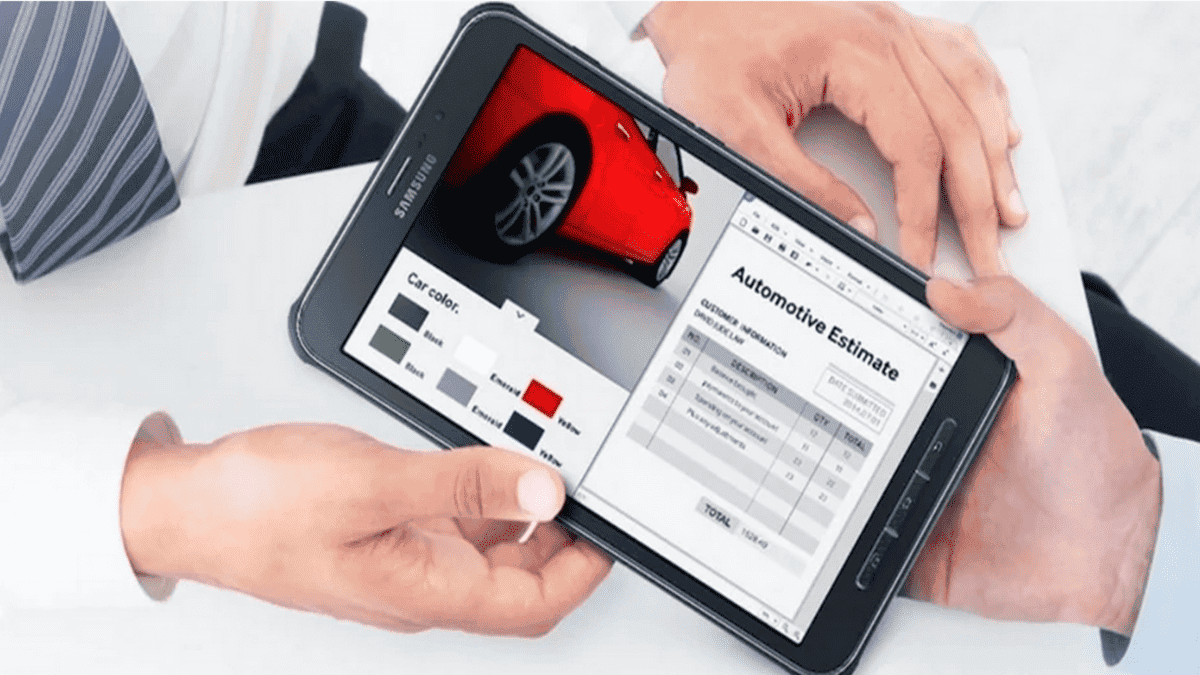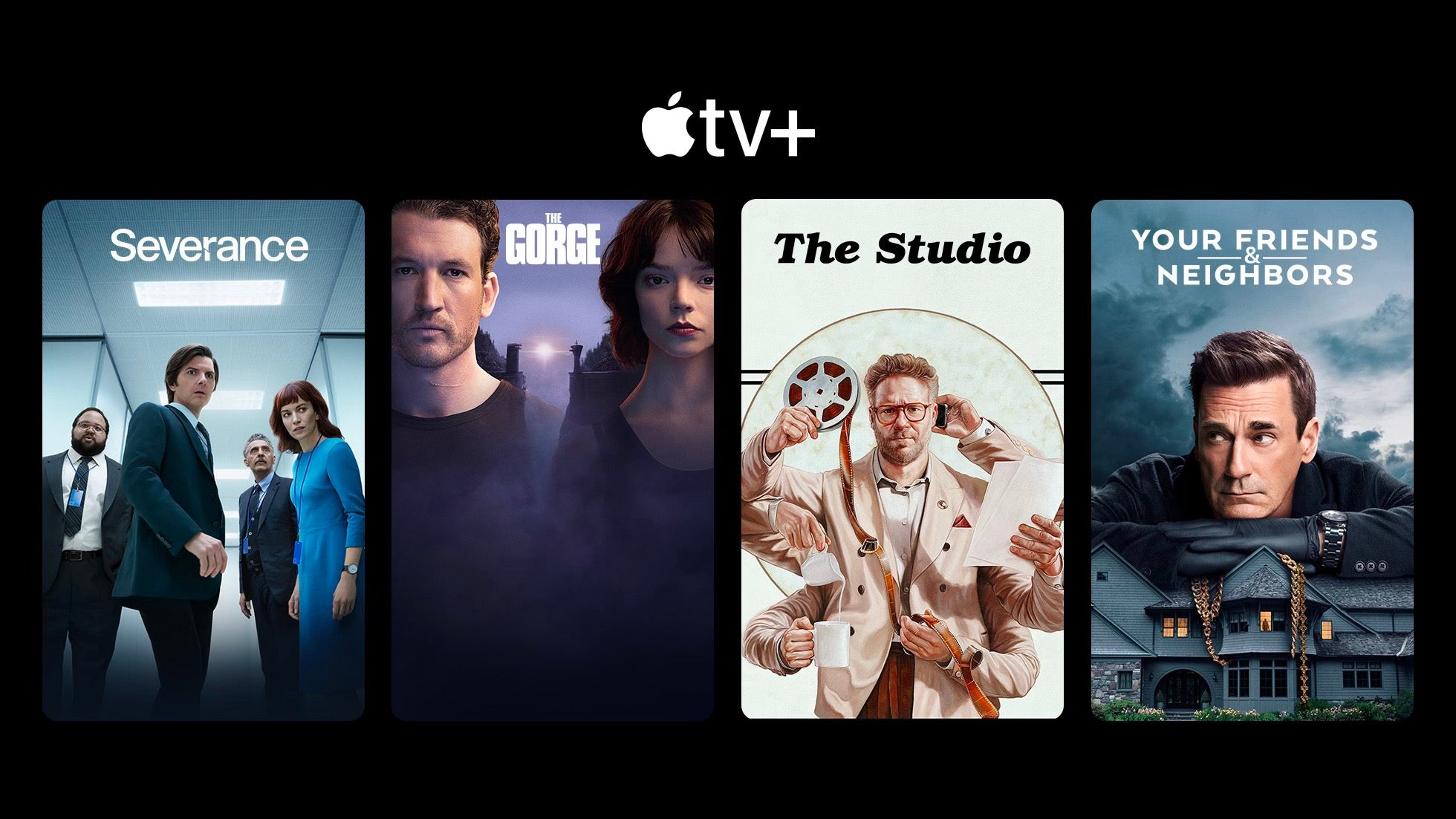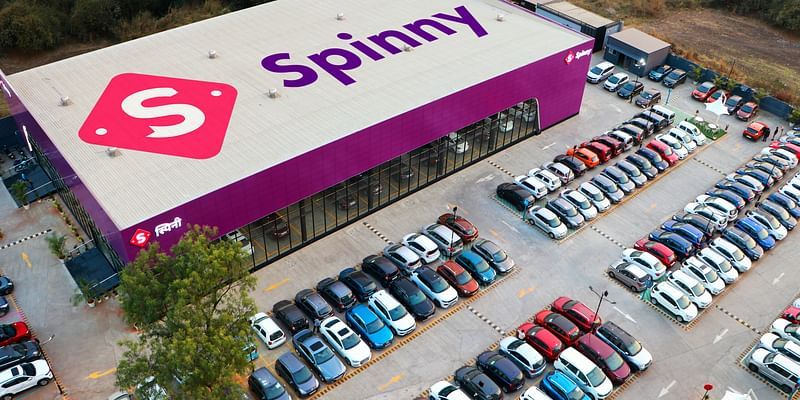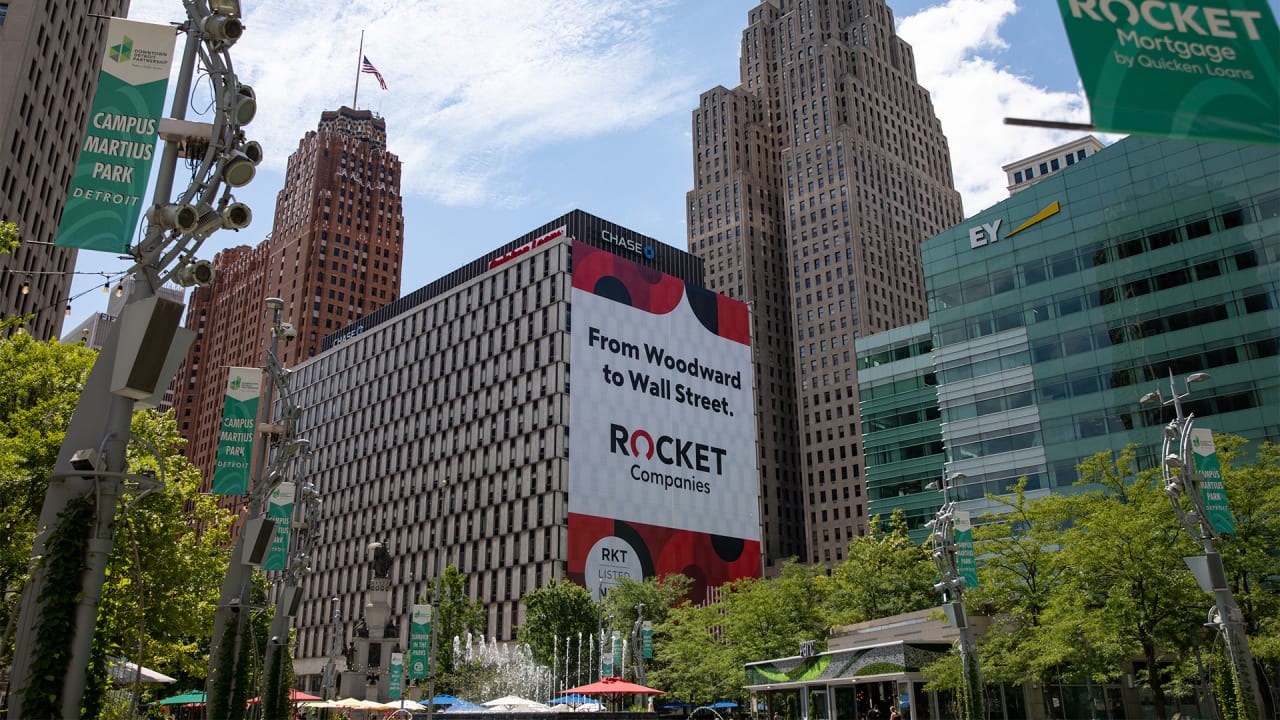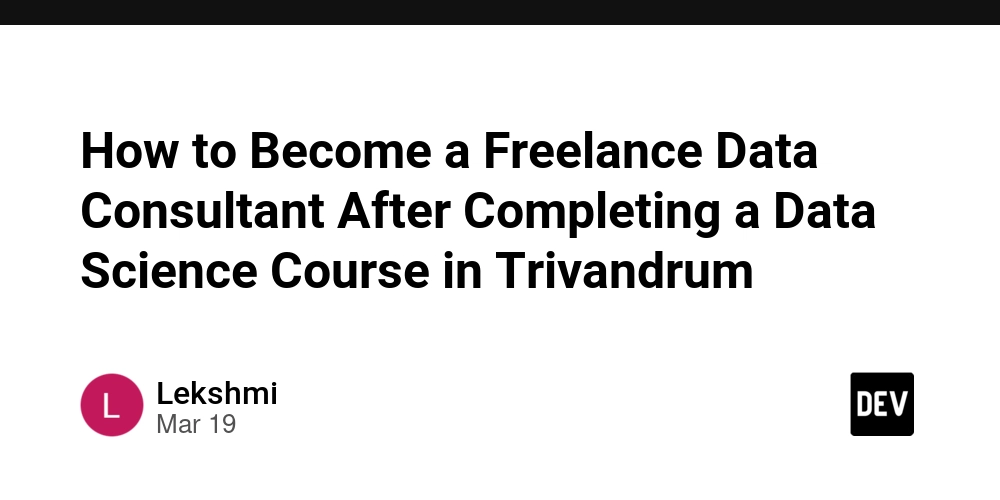Building for Users: The Real Purpose of Software Development
Grab your favorite emotional support squishmallow...this series might sting a bit! In this collection of posts, we're going to talk about some of the hard truths in the world of software development. Some might make sense. Some might make you question your life choices. Either way, they're lessons I definitely wish I had learned earlier in my career. So let's not waste anymore time and dive in... So you know that beautiful, elegant code you've been obsessing over for hours, days, or weeks? The one with perfect indentation, clever variable names, and a comment for every sneeze? Yeah, turns out your users don't care about it. While you're busy debating tabs vs. spaces or whether Python is superior to JavaScript, or which AI tool is the best, your users are out there in the real world, wondering why your app crashes every time they try to upload a cat photo. They don't care about your code – they care about results. Think about it. When was the last time you heard a user say, "Wow, what language did they use to build this?!" or "I love that you used Next.js to build that feature!" Better yet, when was the last time you yourself walked into a grocery store and said something like, "Wow, I like how they organized these shelves. I wonder what methodology they use?" Never, that's when. Users are like impatient toddlers at a birthday party – they want their cake, and they want it now. They don't care if you baked it from scratch or bought it from the store, as long as it tastes good and doesn't give them food poisoning. So, what do users actually care about? Brace yourselves, because it's not about you or your precious code: They want features that solve their problems. They want their specific use cases accounted for. They want it all to work flawlessly. ...and if you could get it to them yesterday, that would be great. It's like taking your car to a mechanic. Do you care what wrench they used or how they diagnosed the problem? My guess is no. You just want your car to work so you can get on with your life. Now, before you start crying into your mechanical keyboard, this doesn't mean your code doesn't matter. It absolutely does – but only insofar as it delivers what the user needs. Your users don't care if you used React, Vue, or AI to build your app. They care that it solves their problem and doesn't break when they need it most. So, what's the takeaway here? Focus on the real impact, delivering solutions. Your users don't care about your tech debt – that's your problem to manage. They only care when it starts delaying the features they need. And when something breaks? They don't want to hear about your elegant error handling – they just want you to fix it, pronto. Here's a radical idea: instead of endlessly debating the merits of different programming languages or frameworks, focus on actually solving problems. Sometimes that might mean building a fancy new feature with all the bells and whistles. Other times, it might be as simple as a bash script that gets the job done. Remember, at the end of the day, your job is to make the car work. So stop polishing the engine and start driving. Your users are waiting, and they're not getting any more patient.

Grab your favorite emotional support squishmallow...this series might sting a bit!
In this collection of posts, we're going to talk about some of the hard truths in the world of software development. Some might make sense. Some might make you question your life choices. Either way, they're lessons I definitely wish I had learned earlier in my career. So let's not waste anymore time and dive in...
So you know that beautiful, elegant code you've been obsessing over for hours, days, or weeks? The one with perfect indentation, clever variable names, and a comment for every sneeze? Yeah, turns out your users don't care about it.
While you're busy debating tabs vs. spaces or whether Python is superior to JavaScript, or which AI tool is the best, your users are out there in the real world, wondering why your app crashes every time they try to upload a cat photo. They don't care about your code – they care about results.
Think about it. When was the last time you heard a user say, "Wow, what language did they use to build this?!" or "I love that you used Next.js to build that feature!" Better yet, when was the last time you yourself walked into a grocery store and said something like, "Wow, I like how they organized these shelves. I wonder what methodology they use?" Never, that's when. Users are like impatient toddlers at a birthday party – they want their cake, and they want it now. They don't care if you baked it from scratch or bought it from the store, as long as it tastes good and doesn't give them food poisoning.
So, what do users actually care about? Brace yourselves, because it's not about you or your precious code:
- They want features that solve their problems.
- They want their specific use cases accounted for.
- They want it all to work flawlessly.
...and if you could get it to them yesterday, that would be great.
It's like taking your car to a mechanic. Do you care what wrench they used or how they diagnosed the problem? My guess is no. You just want your car to work so you can get on with your life.
Now, before you start crying into your mechanical keyboard, this doesn't mean your code doesn't matter. It absolutely does – but only insofar as it delivers what the user needs. Your users don't care if you used React, Vue, or AI to build your app. They care that it solves their problem and doesn't break when they need it most.
So, what's the takeaway here? Focus on the real impact, delivering solutions. Your users don't care about your tech debt – that's your problem to manage. They only care when it starts delaying the features they need. And when something breaks? They don't want to hear about your elegant error handling – they just want you to fix it, pronto.
Here's a radical idea: instead of endlessly debating the merits of different programming languages or frameworks, focus on actually solving problems. Sometimes that might mean building a fancy new feature with all the bells and whistles. Other times, it might be as simple as a bash script that gets the job done.
Remember, at the end of the day, your job is to make the car work. So stop polishing the engine and start driving. Your users are waiting, and they're not getting any more patient.



















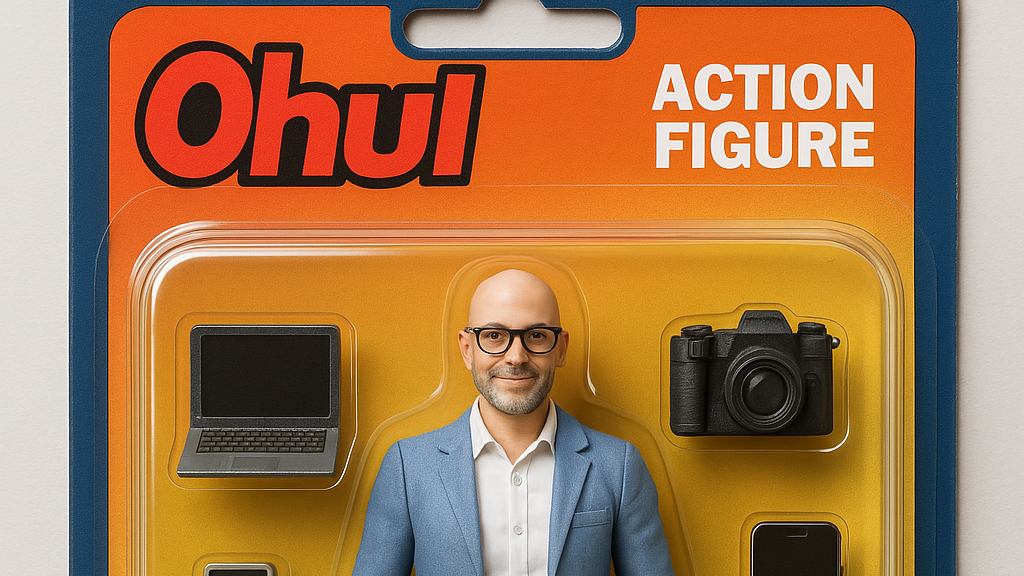


















































































































































![[The AI Show Episode 143]: ChatGPT Revenue Surge, New AGI Timelines, Amazon’s AI Agent, Claude for Education, Model Context Protocol & LLMs Pass the Turing Test](https://www.marketingaiinstitute.com/hubfs/ep%20143%20cover.png)


















































































































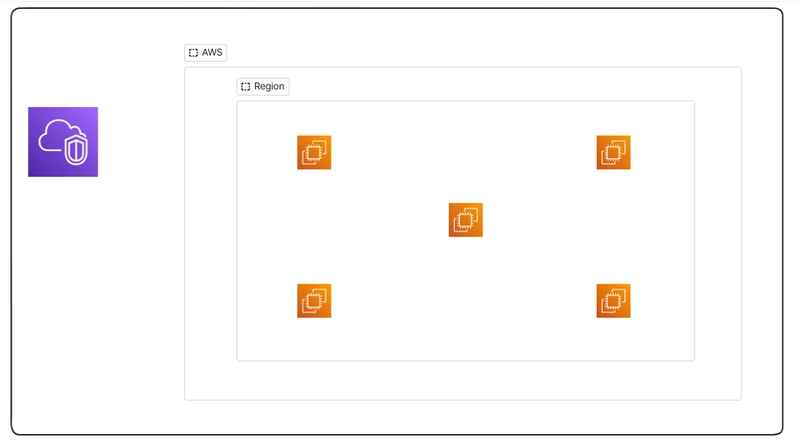

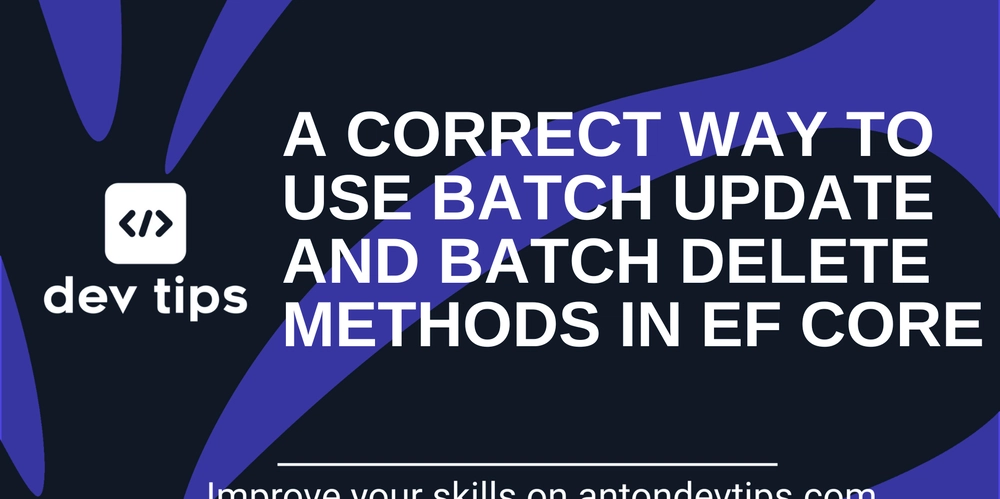












![From drop-out to software architect with Jason Lengstorf [Podcast #167]](https://cdn.hashnode.com/res/hashnode/image/upload/v1743796461357/f3d19cd7-e6f5-4d7c-8bfc-eb974bc8da68.png?#)










































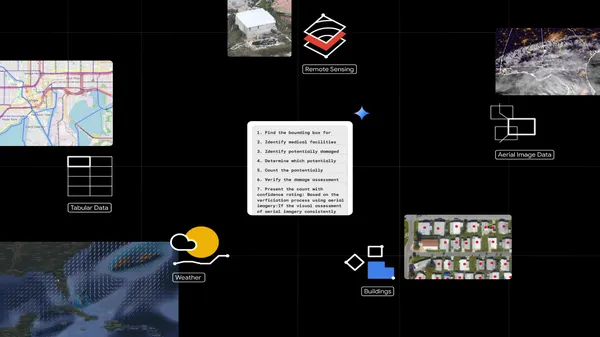









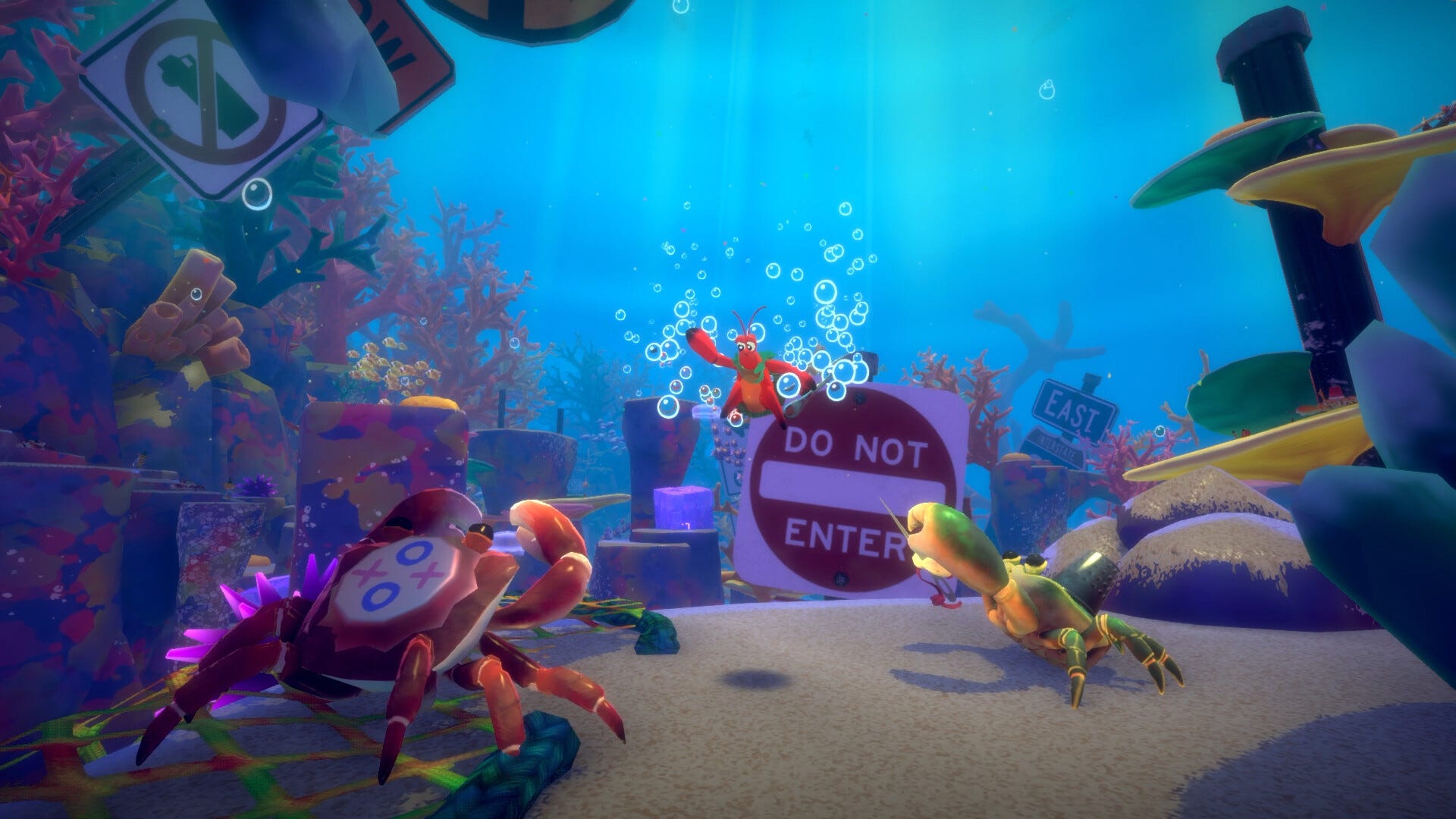










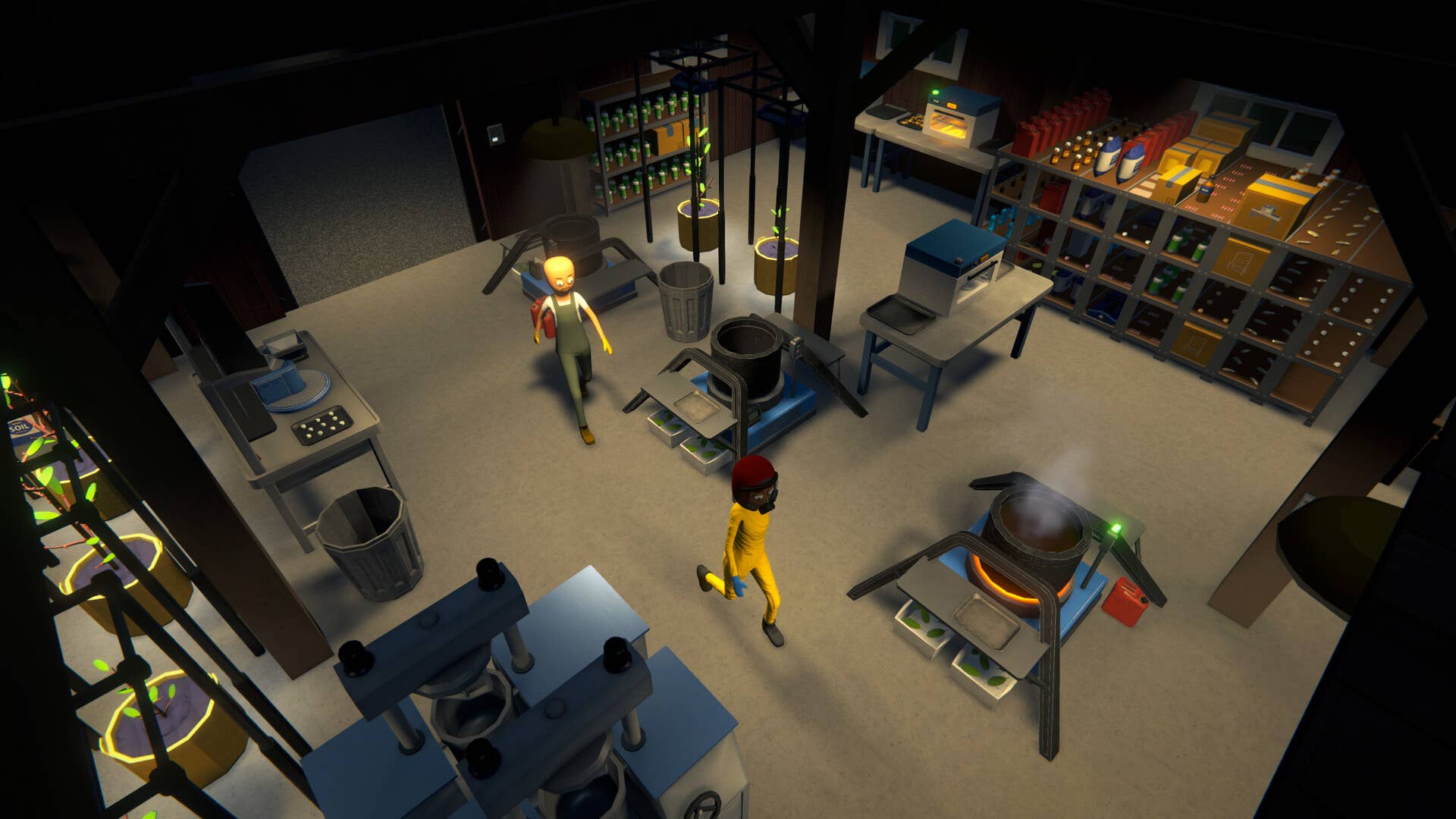









































.jpg?#)































_ArtemisDiana_Alamy.jpg?#)




 (1).webp?#)
















































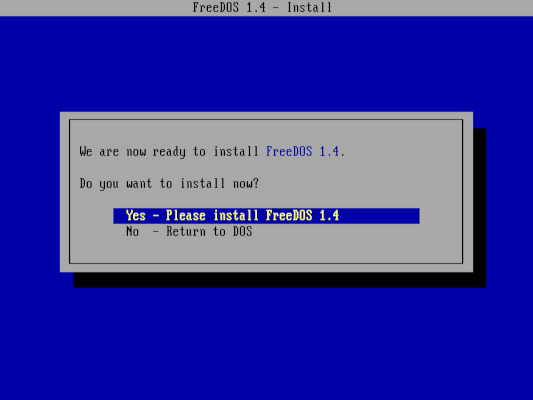



























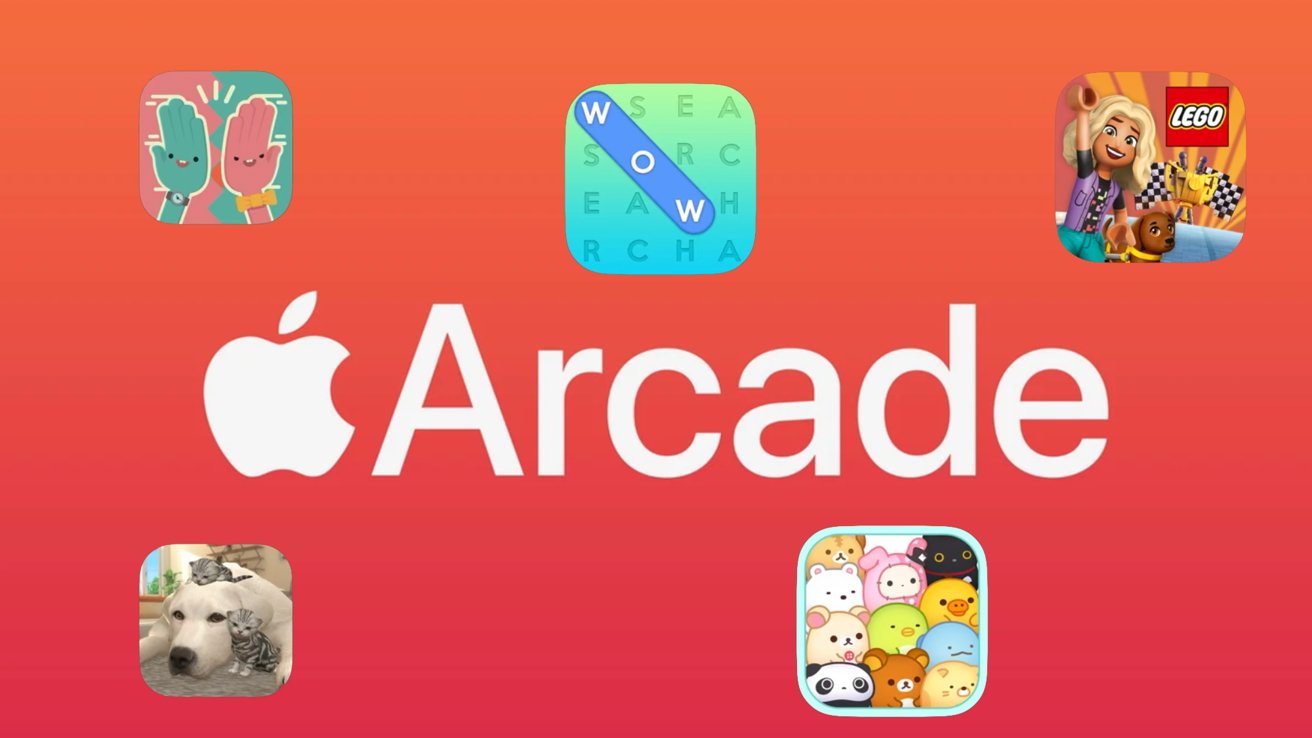

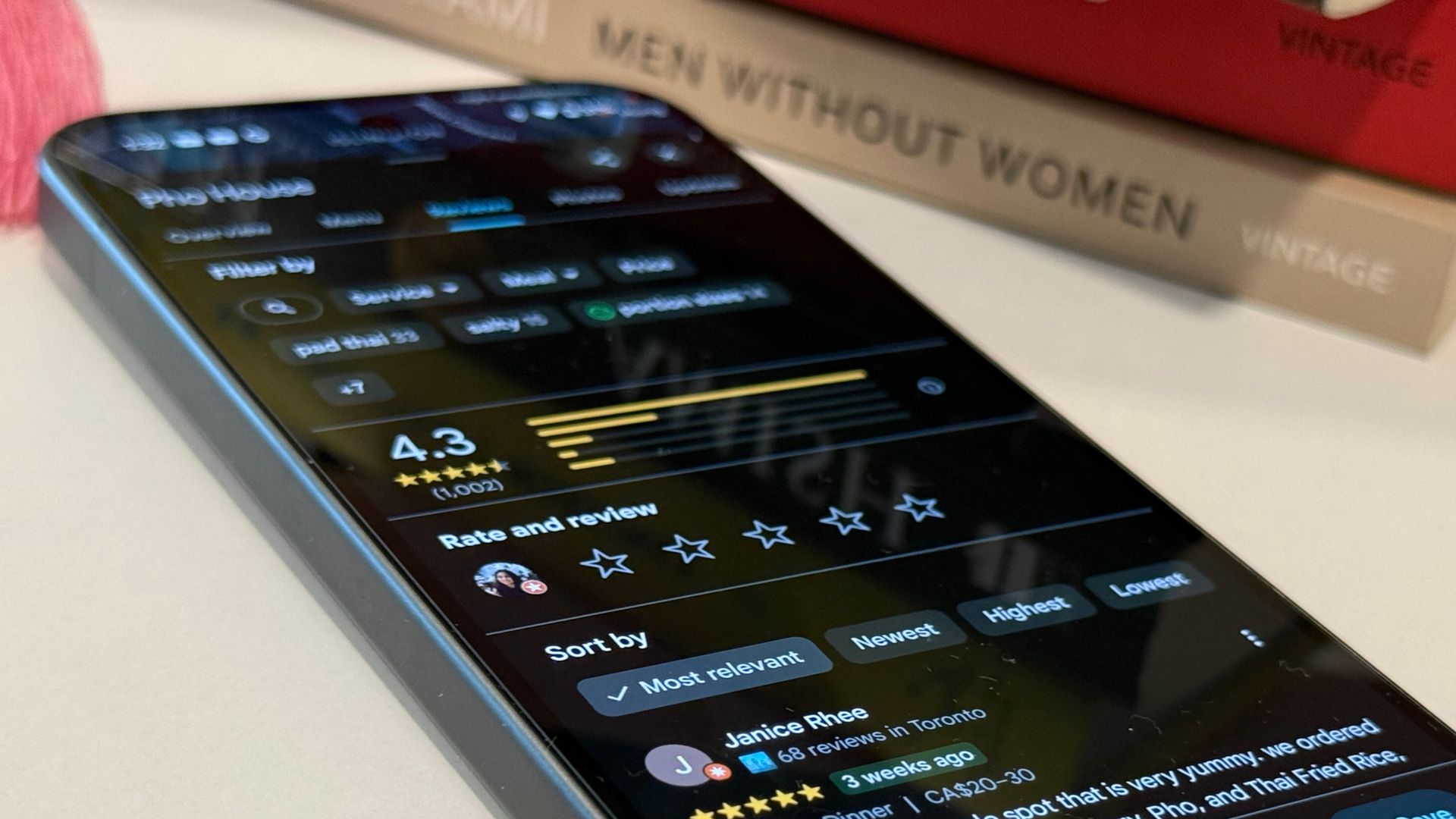

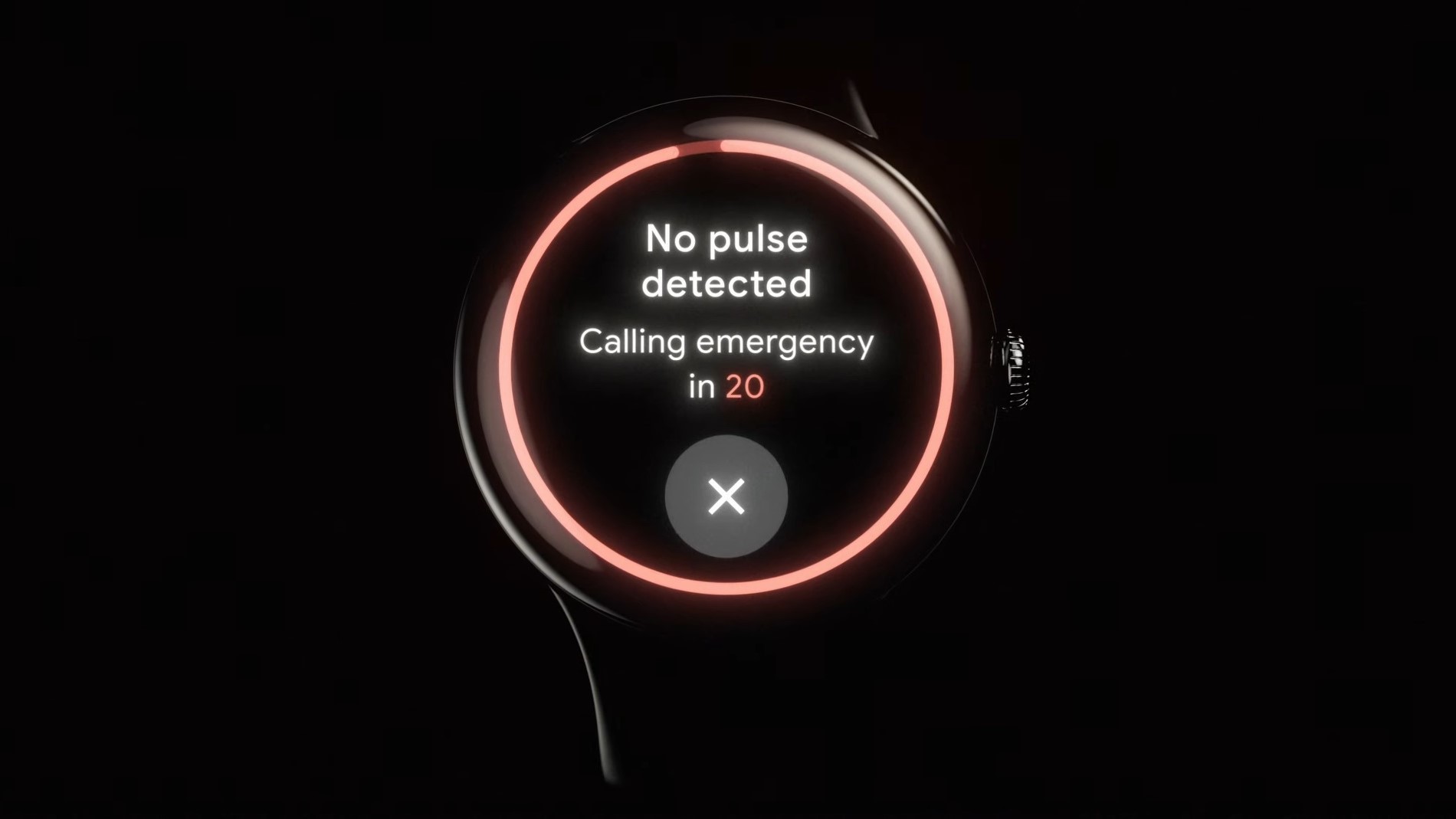







![Yes, the Gemini icon is now bigger and brighter on Android [U]](https://i0.wp.com/9to5google.com/wp-content/uploads/sites/4/2025/02/Gemini-on-Galaxy-S25.jpg?resize=1200%2C628&quality=82&strip=all&ssl=1)













![New iOS 19 Leak Allegedly Reveals Updated Icons, Floating Tab Bar, More [Video]](https://www.iclarified.com/images/news/96958/96958/96958-640.jpg)














